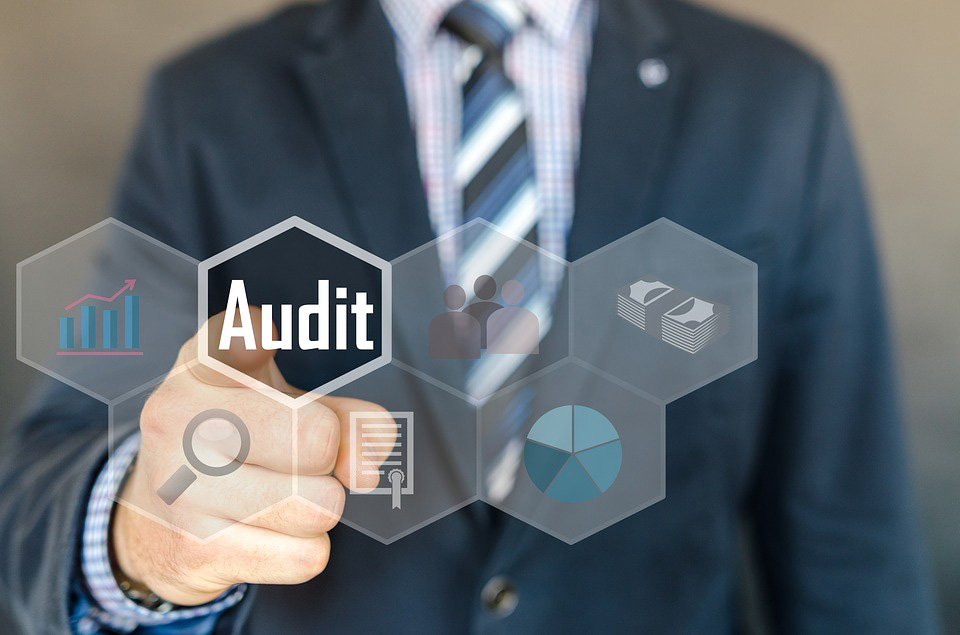
Common Area Maintenance or CAM expenses in a lease specifies the tenant’s proportionate share of the operating expenses which is incurred by the landlord for the operation of the premises. Tenants depend on their landlords for various services but often they lose focus on their lease obligations and end up overpaying their landlords. And this oversight is replicated year after year, unmonitored. Hence, it is important to verify whether the charges levied by the landlord for these services are based on fair market prices. This is where a CAM & Tax audit will be beneficial for the tenants. A CAM & tax audit is the process of analyzing and verifying the charges being paid to the landlord in order to make sure there are no deviations from the terms agreed between the landlord and the tenant. By verifying the expenses passed on to the tenant, a CAM & tax audit can help tenants save thousands of dollars that would otherwise be lost due to mismanagement and misinterpretation of the lease language.
Here are some tips for an effective audit –
- Audit timeframe
Depending upon the extent of the tenant’s right to audit, a tenant can initiate an audit of the reconciliation statements provided by the landlord if the tenant suspects an overcharge. The lease will also specify the time period within which the tenant should initiate and complete the audit. - Looking for errors & overcharges
- CAM & taxes – CAM expenses include utilities, management fees, repairs & maintenance and more. Errors in the CAM & tax allocation is unlikely to be in favor of the tenant.
- Gross up – If the gross-up clause applies, the Landlord can increase the operating cost even when the premises are not 100% occupied. If it does not apply, tenants need to check whether they are paying for the unoccupied space.
- Unapplied Cap – A limit is set to the amount by which CAM can increase every year. Most tenants don’t worry about leases with the cap. In fact, tenants should review the lease meticulously when a cap is applied.
- Other charges – Landlord may pass through the capital expenditures and other expenses that are excluded from CAM along to the tenant.
- Fixing errors/overcharges
Once overcharges are determined, tenant, if the terms of the lease permit, demand a reimbursement of the additional charges, paid along with the interest. Tenants should additionally take note of these errors and look out for similar mistakes in the future. - Lease auditor
When selecting an auditor, the tenant should have an equal say, in case the landlord includes a condition that only a CPA firm should be appointed as the auditor. It is recommended to use professional auditors or lease pros (good experience in handling commercial real estate leases) for auditing the leases. Outsourcing the lease audit task is also a great option to keep the overall audit budget low. - Paying for the audit
Usually, the party initiating the audit pays for the audit. However, if any discrepancy or fraud by the landlord is determined, the tenant can demand reimbursement of the additional charges paid plus the audit expenses, provided the terms and conditions of the audit are specified in the lease.
A lease controls the tenant’s right to an audit as well as the compensation due to the tenant in case of any discrepancies. But very often these rights are vague and inadequate to protect the tenant. While an annual CAM audit is an effective tool to identify and fix the anomalies, it’s upon the tenant to negotiate better audit rights when the lease is crafted or amended.
Have any questions about CAM & taxes audit? Call 412-567-0010 or email support@rebackoffice.com or visit www.rebackoffice.com.